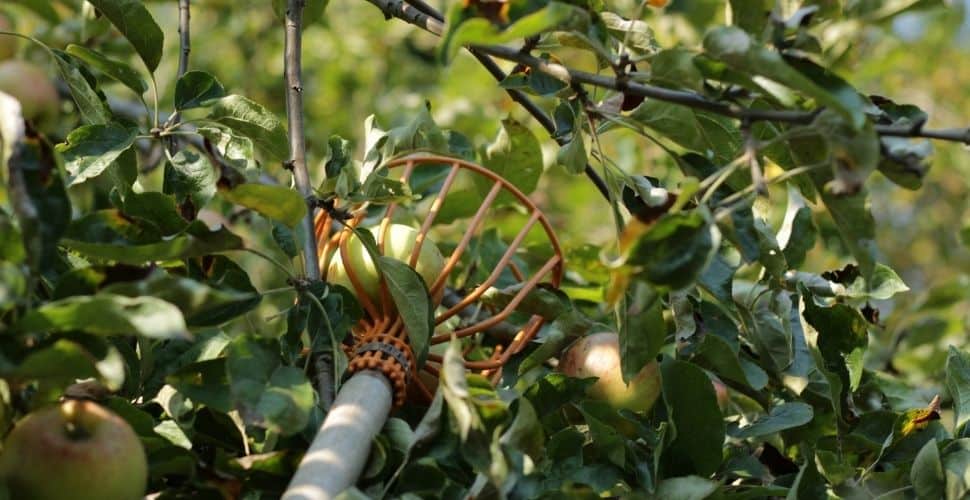With the balance of power between employer and employee widening during the COVID-19 pandemic, experts in South Australia are worried that worker exploitation is increasing.
As reported by ABC Australia, in South Australia’s Riverland region, workers have allegedly only been earning between $8 to $10 an hour picking fruit in recent months.
In a report published in late 2019, modern slavery was already found to be prevalent in Riverland, with one in three workers not legitimately employed on some properties.
The report also details how international workers have been subject to performing sexual favors to receive more hours, having their passports confiscated and not feeling free to leave their jobs.
The author of the 2019 report, Dr Marinella Marmo, associate professor of law at Flinders University, worries that international students who have not been able to return to their home countries because of the pandemic are particularly vulnerable to exploitation.
Speaking to ABC Australia, she stated:
“They lost their job at the beginning of the year in hospitality and commercial cleaning in Adelaide and so they moved into the regional area to fill a market with no competition coming in from either overseas or interstate…The situation is the pandemic has accelerated the cycle of vulnerability and has expanded to include these people who were less vulnerable before.”
Amnesty International campaigner Joel Mckay concurred that more cases of modern slavery had been noticed and investigated in Australia in recent times, particularly in fruit picking, farming and rural based industries.
Mr. Mckay also raised concerns about the increased vulnerability of international students as a result of the pandemic:
“We’ve seen throughout COVID-19 people [affected], like international students, who haven’t been able to find work, who have had no income, and basically who are stuck in Australia and not able to go home and they’re not studying…they’ve become extremely vulnerable to being affected by work exploitation and modern slavery.”
Prior to the pandemic, South Australia’s Shadow Minister for Status of Women Katrine Hildyard presented a motion to the State’s Upper House calling for an inquiry into the issue of modern slavery and slavery-like practices in South Australia based on Dr Mamo’s research; however, the motion was shot down by the state government.
It remains to be seen whether the state will consider the issue of modern slavery more seriously given the recent allegations of the exploitation of international students included in this report.





Freedom United is interested in hearing from our community and welcomes relevant, informed comments, advice, and insights that advance the conversation around our campaigns and advocacy. We value inclusivity and respect within our community. To be approved, your comments should be civil.
Very disappointing. Without being part of a union, these workers are isolated and especially vulnerable. How could the government set up a union for such people? They would have the resources to alert an otherwise informal workforce that such a body exists, that it’s free to join, and what their rights are. If the complaint against unions was that they went rogue too often but the principle is sound, then why doesn’t the government run their own unions where people aren’t represented?
It shows how much work we have to do in so called ‘western democracies’ where the example to others is shameful and lacks credibility. With Australia’s history of genocide against aboriginal peoples, which has never been properly acknowledged, it is not a surprise that modern slavery exists in the country. The denial of climate change, big investment in dirty fuel mining, sexismand racism, why should the existence of modern slavery be surprising! It needs a public response, not only politicians.
Since so many of Australia’s first immigrants were exploited prisoners and indentured workers, it is sad that modern Australians are implicit in similar exploitation these days. Sadder that this appears endemic across the world. Slavery hasn’t gone away, just mutated like the virus it is.
Often ashamed to be Australian these days …